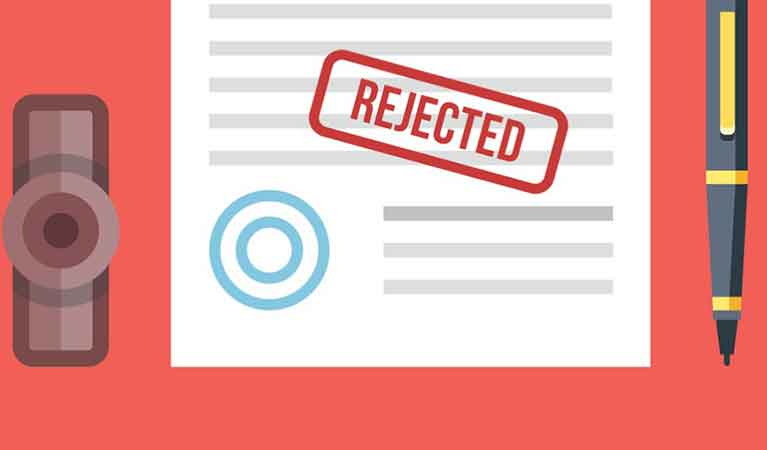Michigan Governor Vetoes Online Casino and Online Poker Bill

Michigan residents’ hopes that the state could become the fifth state to pass online poker and online gambling legislation were crashed last Friday when the outgoing governor, Rick Snyder, vetoed it thus putting an end to monumental amounts of effort by Michigan Rep. Brandt Iden. While the outgoing governor vetoed a number of other bills, the bipartisan effort to bring online gambling to the state of Pennsylvania was among the first to be met with a big no.
House Bill 4926 and its accompanying pieces HB 4927 and HB 4928, all of which were vetoed by Gov. Snyder due to social impact and financial concerns were anticipated to bring big changes to the state’s gaming industry. The Michigan House of Representatives approved House Bill 4926 in June and this was followed by a last-minute effort that saw the bill pass the Michigan Senate just a few days before Christmas. If the governor had signed the legislation, three of the state’s commercial casinos namely Motor City Casino, Greektown Casino and MGM Grand Detroit Casino, as well as some of the tribe-operated casinos, would be able to offer online casino and online poker games.
Also, the Michigan Gaming Control board would have been able to issue licenses for the operation of online gambling with the licensed operators being required to pay an 8 percent tax on their online gaming revenues. In addition, the state’s existing commercial casinos would have to pay 1.25 percent of their revenue to the cities that hosted them.
Why It Flopped
In the veto letter that was written by Governor Snyder and addressed to the Michigan House and Senate, he acknowledged the tremendous amount of effort that went into the interactive gaming legislation that was spear-headed by Brandt Iden. However, according to the governor, the bill was still not up to standard and there were several issues that prompted his decision to veto.
First, Gov. Snyder expressed concern that the introduction of the online casino and poker games in the state could have a profound effect on the gambling behavior or habits of the residents. To be more specific, he was concerned that the residents of the state would shift from the state’s iLottery program and opt for the online gaming options instead. He further noted that this would not be a viable decision as it would affect various revenue source negatively – for instance, the Michigan School Aid Fund receives a $2.76 for every $10 spent on the Michigan Lottery which is significantly higher than the 10 cents that the fund would be receiving for every $10 wagered online.
Lastly, Governor Snyder also vetoed the bill because he believed that the law would “encourage gambling by making it much easier to do so.” Fortunately for gamblers in Michigan, the battle is far from over – Brandt Iden has plans of reintroducing the online gambling bill alongside the sports betting bill once the 2019 legislative session kicks off. It might eventually go through, but it will certainly not be as easy as it was in the last session.

